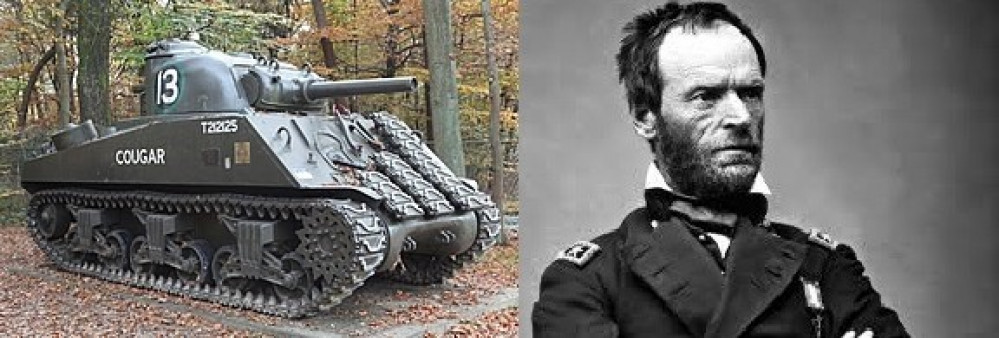
Who Was Your Daddy and What Did He Do
Jackson
Based on the Sherman Chassis the M36 Tank Destroyer was never officially known as the Jackson but this nickname has entered the annals of History and more importantly the profiles in our Rulebooks.
Employed by the US as a Mobile Anti Tank reserve the Jackson was able to take on most German tanks of the period. The M36 saw service all through Korea and the last know use of the M36 by a major military power was in 2001 when it was finally retired by the Chinese.
So it was nicknamed the “Jackson” but who was Jackson? I imagine most people have heard of the famous “Stonewall” Jackson but let’s dive in a little deeper and get to know the man.
Thomas Jonathan Jackson displayed his fearlessness and bravery from the first posting of his career to the last, like many US Civil War Generals Jackson served in Mexico and while commanding his artillery during the siege of Chapultepec he was ordered to cease his “Artillery Duel” with Mexican gunners and withdraw his guns. Jackson disobeyed the order and continued his duel eventually triumphing over his rivals.
Jackson was what we would today call a determinist. He believed that everything in the future was written in stone and all he was doing was marching towards the inevitable end. This made him brave to the point of fanaticism, coupled with strong religious beliefs this would make Jackson standout among the Confederates for both his skill in battle and his bravery.
While not a quote of Jackson’s a line from the movie “Gods and Generals” sums up his character and beliefs.
"Mr. Smith, my religious faith teaches me that God has already fixed the time of my death; therefore, I think not of it. I am as calm in battle as I would be in my own parlor. God will come for me in his own time."
Jackson then became a teacher at the Virginia Military Institute where he was hated by his pupil’s for being a stubborn and repetitive lecturer who placed repetition above creativity when educating his cadets.
When the Civil War broke out Jackson took commadn of a Brigade based at Harper’s Ferry and drilled them harder than any other Officer in the Confederate Army. Jackson placed great importance on the bayonet and standing your ground which would serve his Brigade well in the First Battle of the War, The First Battle of Bull Run (First Manassas).
The First Battle of Bull Run was a total mess, units on both sides wearing so many uniforms that they became a liability forcing troops to use armbands and signals to distinguish themselves. Towards the end of the battle the Confederate troops were in retreat, Jackson then bought up his Brigade and deployed them on the reverse slope of Henry Hill where they prepared to charge the union line. It was here that Jackson and his Brigade would earn the nickname “Stonewall” based on a quote by fellow Confederate Bee who famously said “Look at Jackson standing there like a stone wall” although sources differ on whether this was a compliment or an insult.
Side note Bee would be killed shortly after making the quote and was replaced by a man named and I kid you not States Rights Gist. What a name for a Confederate General.
Jackson soon started a bitter fight over the hill which carried on into the late afternoon. The Confederates, though outnumbered, managed to hold the hill and drive off the Federal troops famously ordering his men to “Yell like furies” as they charged with the bayonet. This was the first known use of the famous “Rebel Yell” that would become one of the identifying aspects of the Confederacy.
Jackson lead his men in the next few years of the war arriving in-front of McClellan’s forces at Mechanicsville which played a large part in ending the Peninsula Campaign by making the Union Commanders overestimate the strength of Confederate forces and stall their offensive.
Known to history as “The Hammer of the Confederacy” Jackson had a large part in planning the Northern Virginia Campaign which resulting in a second Confederate victory at the Second Battle of Bull Run (Second Manassas).
Jackson took part in the Battle of Antietam where he and his men held the Northern part of the Battlefield preventing a Union breakthrough.
Jackson’s most audacious moment of the war would also be his last. In a daring move Jackson took his Corps on a flanking maneuver to the Union Right and managed to get his entire Corps in formation ready for battle within a few hundred yards of the Union Right Flank made up of XI Corps.
Taking them utterly by surprise Jackson’s men eliminated almost a quarter of XI Corps including over half of it’s Regimental Commanders who attempted to rally their men to no success. With the Union flank in complete disarray and his own Corps risking a similar fate Jackson rallied his men and rode out towards the union lines with his staff to ascertain if further attacks could be possible, it was now Midnight although there was a full moon in the sky. Determining it was feasible Jackson and his staff returned to his Corps.
Disaster struck. Jackson and his staff were believed to be Union Cavalry scouting their own counter attack and Jackson was shot along with several of his men. Jackson took two bullets in the left arm that required it’s amputation and a further bullet to the right hand. Crucially Jackson was dropped from his stretcher while being evacuated, when he complained of chest pains and other symptoms doctors and surgeons put it down to this incident of being dropped.
Little did they know but Jackson had come down with pneumonia which would claim his life on Sunday May tenth 1863. his last words were “Let us cross the river and rest under the shade of the trees”
I’ll end this entry with a quote from General Lee upon learning of Jackson’s death































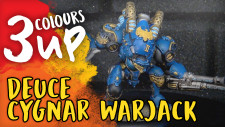

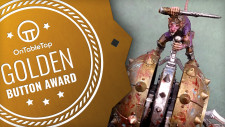







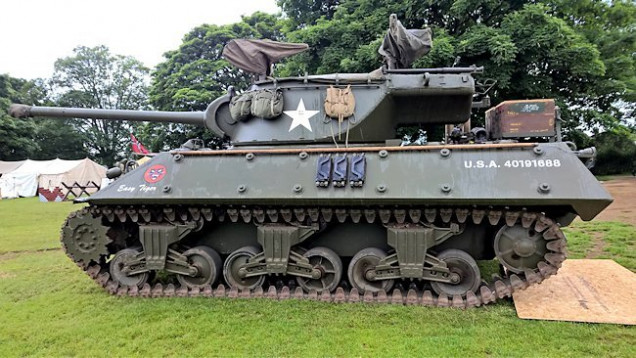
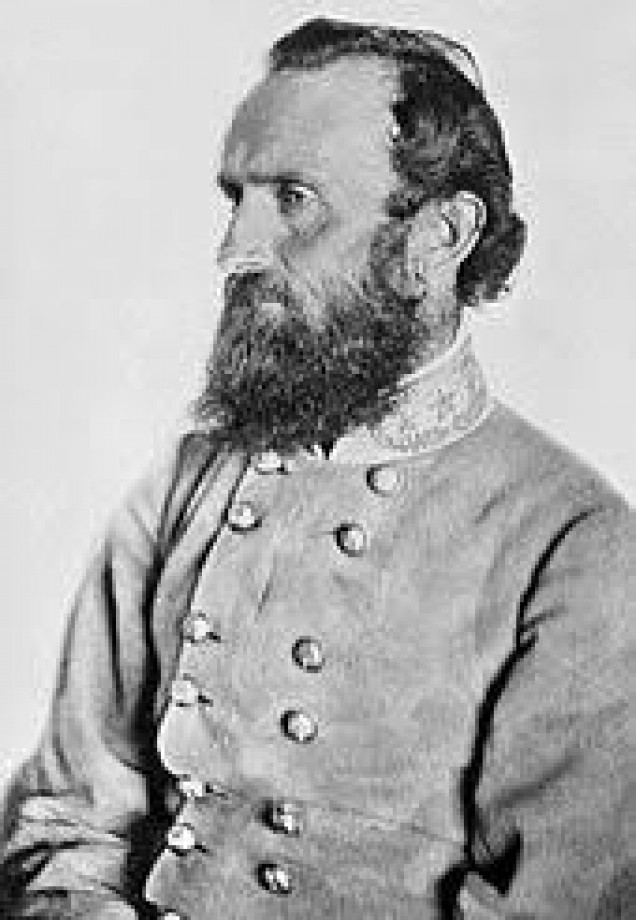
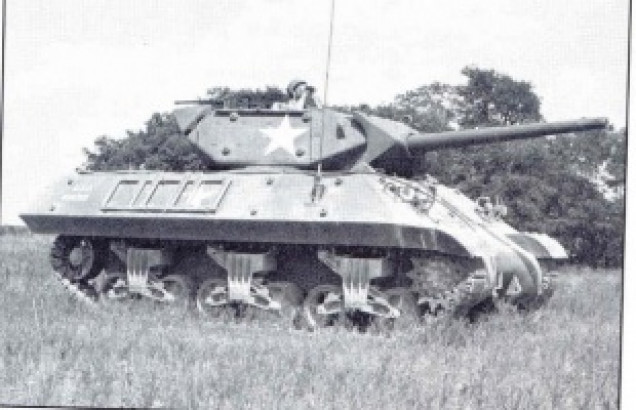
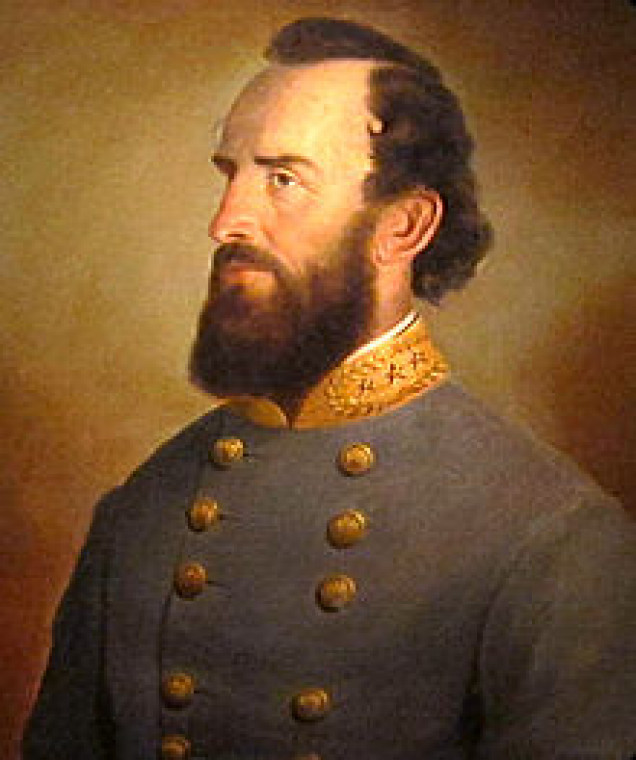
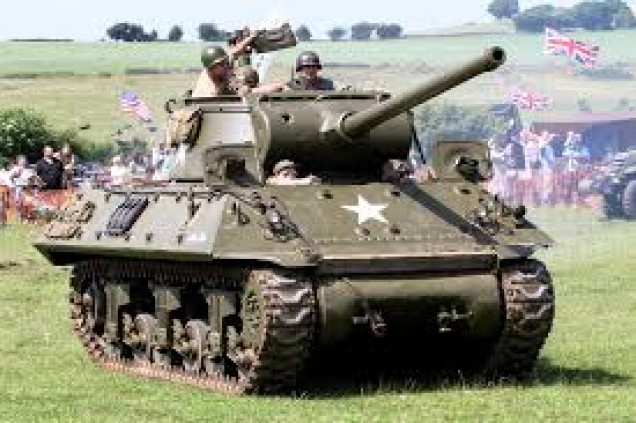

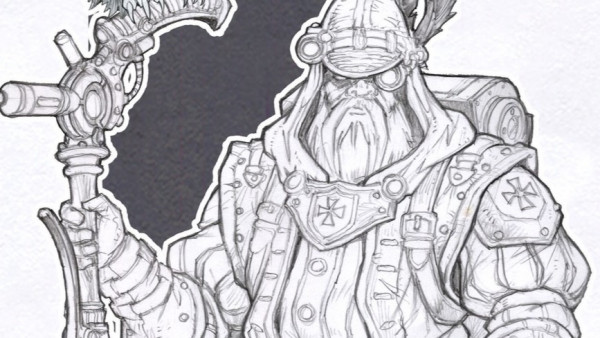
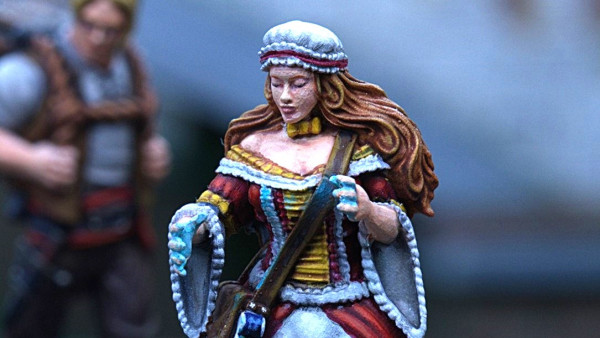
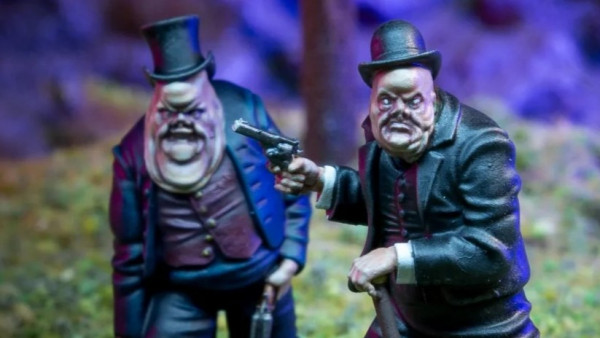



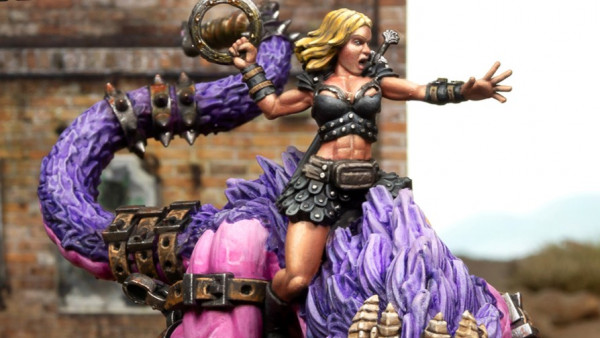
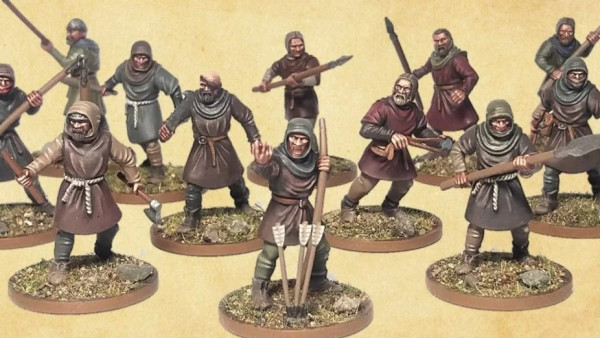

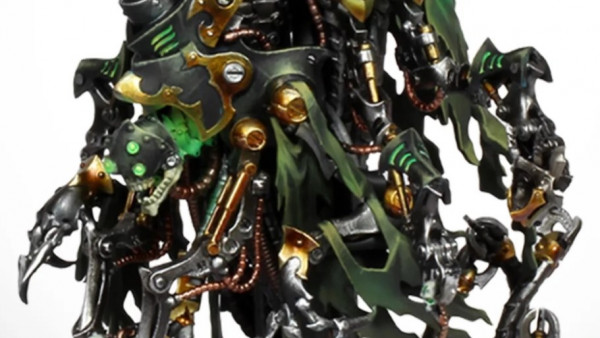


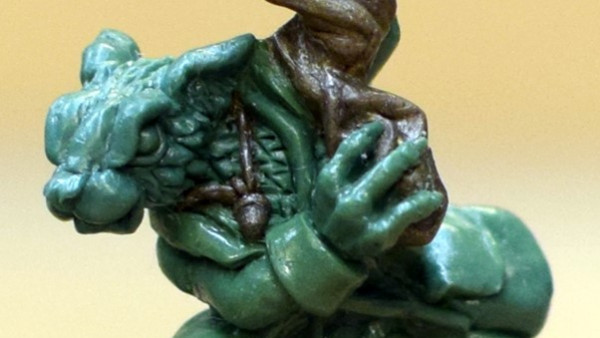
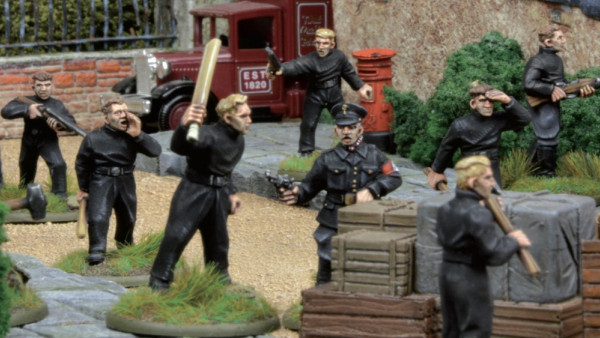
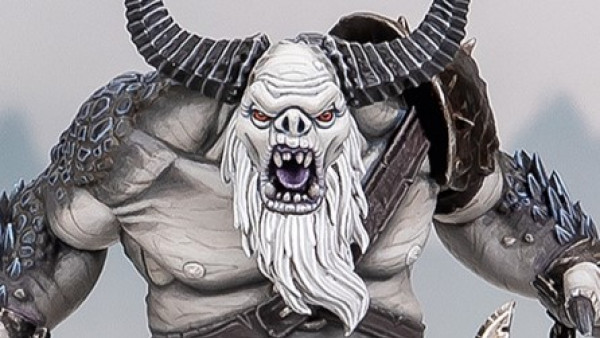
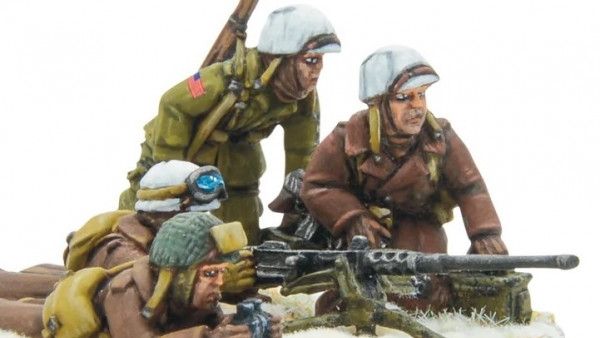

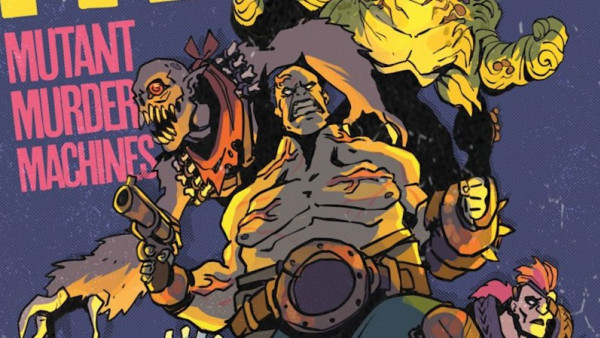
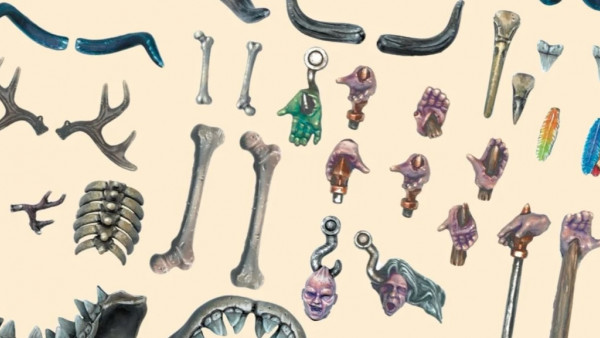
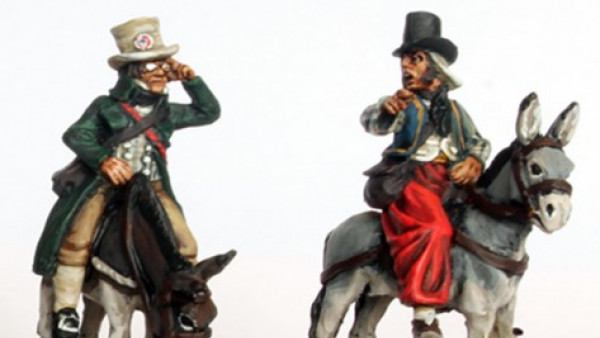
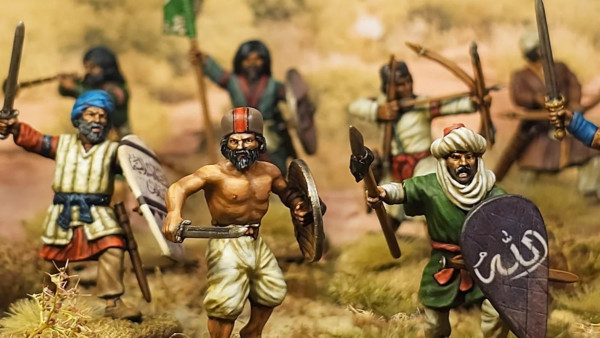

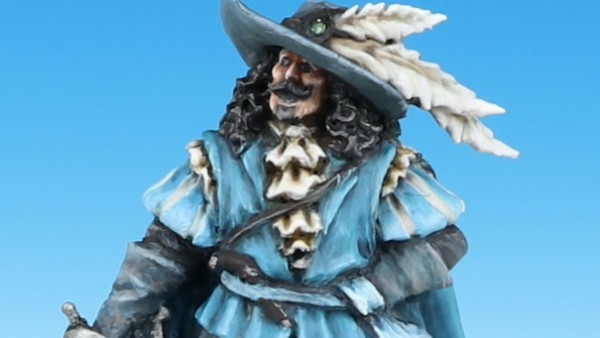
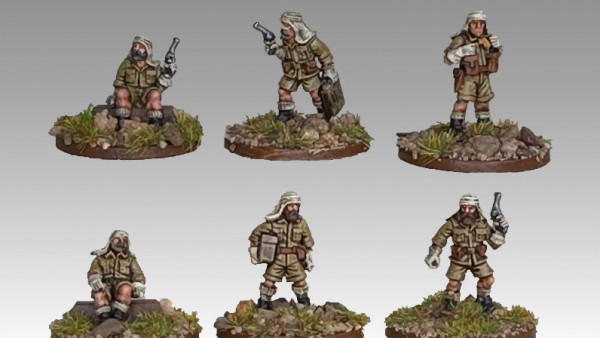

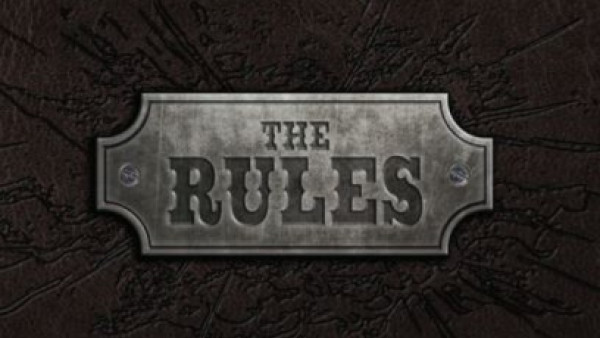
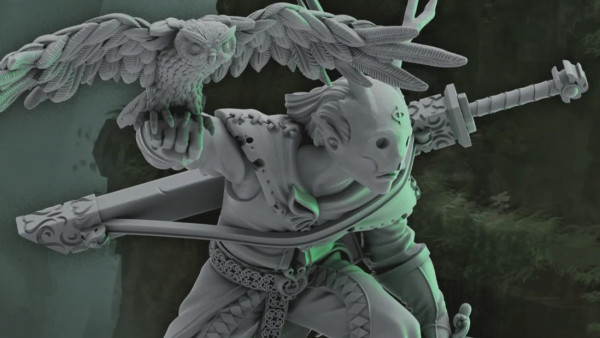
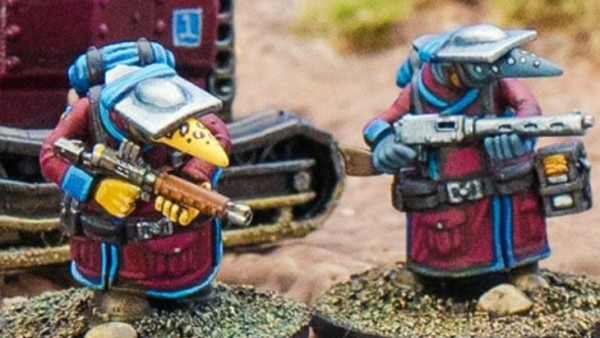
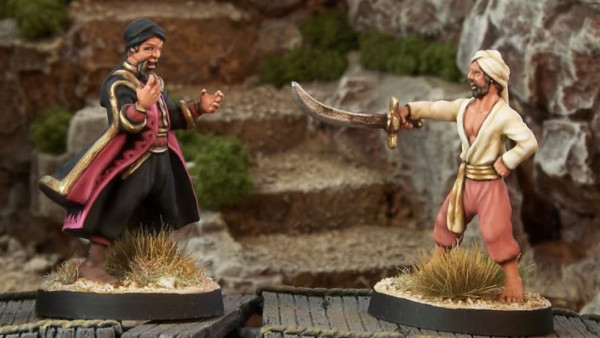
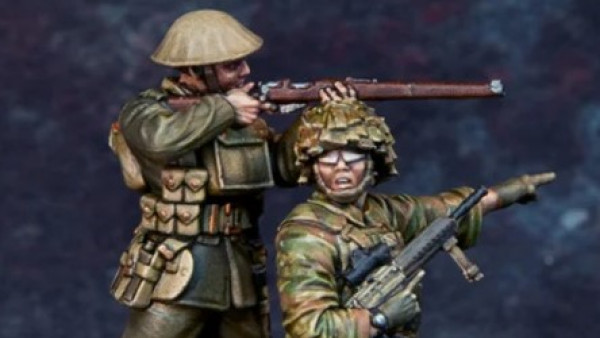


Leave a Reply